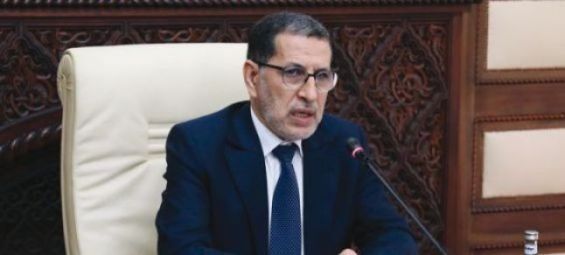
Morocco, one of the remaining countries in the world still subject to very strict restrictions with night curfews, will present its deconfinement plan to Parliament in Rabat on 18 May, announced an official statement. Prime Minister Saad-Eddine El Othmani will explain the details of the plan to both houses of parliament two days before the end of the state of health emergency that has been in force since 20 March, said a parliamentary statement.
The economic watch committee in charge of monitoring the impact of the health crisis recommended last week a progressive deconfinement based on a revival of activities from 20 May, but government officials remain cautious. The country’s economy has been paralyzed, with some 132,000 businesses affected (about 60% of the formal sector), more than 800,000 workers temporarily out of work and at least 4.3 million families deprived of income from the informal sector or unstable employment, according to figures from the Ministry of Economy.
An entire series of direct and indirect support measures have been deployed to mitigate the impact of the pandemic, with a special “Covid-19” fund of more than 32 billion dirhams (2.9 billion euros). At the same time, the kingdom has very quickly launched into the production of sanitary masks and about thirty textile companies already produce 7 million per day, according to figures from the Ministry of Industry.
The same source says that four companies that import their fabrics have been authorized to export 50% of their production, and the green light will be given to the others in the coming weeks. Morocco, a country of 35 million inhabitants, closed its borders in mid-March and then introduced compulsory confinement, with movement subject to special permits and the wearing of masks, under the close control of the police.
Violation of the emergency measures is punishable by one to three months’ imprisonment and/or a fine equivalent to 115 euros. The authorities stopped publishing their daily figures of arrests at the end of April – up to more than 4,000 a day for a total of 85,000 on 30 April – but are releasing court submissions – about 59,000, according to the latest figure.
These tough measures, according to the authorities, have helped contain the pandemic, with only 5,505 cases officially detected and 183 deaths for 55,000 tests carried out.




Be the first to comment